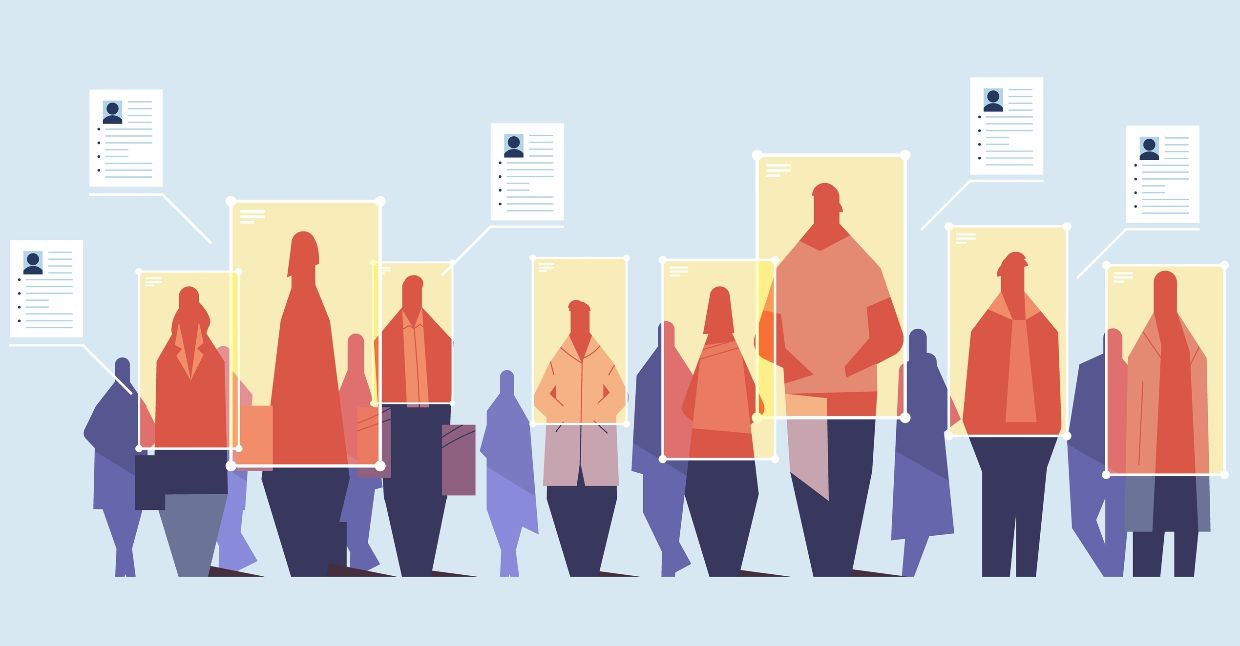Whatever industry you’re in, especially for consumer-facing organizations, there’s a good chance you have a large amount of personal data at your disposal. This kind of information can be used to effectively recognize consumer trends and personalize engagement for maximum impact. It also puts you on the hook for ensuring that individual personal information remains secure and private. The consequences of failing to do so could be severe.
WHAT ARE PII REGULATIONS?
PII regulations are local and national laws that govern the use of personally identifiable information, or PII. This category of data includes any information that can be linked to a specific individual — including things such as email addresses, phone numbers, Social Security Numbers and even indicators like geotags.
Personally identifiable information is typically divided into two categories:
- Sensitive PII: Sensitive PII is information that is usually kept completely private and when traced to a single person can be used to steal their identity or defraud them.
- Non-sensitive PII: This category includes information that is specific to an individual person but is either already publicly available or less useful for identity theft or fraud.
As you may expect, the repercussions for failing to protect sensitive PII can be higher, especially if an expensive lawsuit comes into play. However, you are legally obligated to protect all forms of PII.
THE GROWING PII COMPLIANCE CHALLENGE
Ensuring PII legal compliance is becoming an increasingly challenging task for multiple reasons. For starters, the regulations that protect personal consumer data are becoming more robust in much of the world. Recently passed state laws like the California Privacy Act, as well as laws like the EU’s GDPR, are creating frameworks for what companies can and can’t do with their customers’ PII. In all, 65% of the global population will be covered by modern data privacy laws by 2023, according to a new report from Gartner. As recently as 2020 that number stood at just 10%.
In addition to higher legal standards, the frequency of data breaches has been on the rise in recent years. According to a July study from the Identity Theft Resource Center, the number of publicly reported U.S. data breaches increased by 38% in the second quarter of 2021 alone. This comes after 2020, when many organizations found themselves vulnerable, as cybersecurity protocols failed to keep pace with the sudden shift to remote and hybrid work.
In other words, cybercriminals have upped their game. If you work at an organization that deals with a large amount of sensitive data, it’s time to up your game too.
The decisions you make with the way you use and protect your sensitive data could have lasting repercussions. Whether you purposely reveal PII data or have it stolen from you due to lax cybersecurity standards, your organization stands to potentially face both fines and expensive lawsuits. Luckily, the right cybersecurity and organization regimen can ensure you know exactly how your PII is being used and who can view it.
KEEPING DATA SECURE IN THE CLOUD
One key way to keep a lid on your PII data is to migrate your customer information into a secure cloud server. Working with a cloud provider offers many cybersecurity advantages over a traditional on-premise situation. While it’s up to you to safely upload your information to the cloud, providers take the lead in protecting it from there. These companies are all held to stringent PII compliance standards.
That being said, it’s on your organization to create a cloud migration strategy that prevents vulnerabilities and ensures you know where exactly your most sensitive data is being stored at all times. Of course, throughout this process, it’s essential to ensure you’re employing the usual cloud migration best practices, like testing at each phase. Rapid migrations at the beginning of the COVID-19 pandemic left far too many organizations vulnerable. Make sure yours doesn’t follow the same kind of trend.
At this point, storing sensitive personal information is a necessary cost of doing business in the 21st century. Don’t let it be your undoing. Making compliance a priority, and utilizing cloud technology can help your organization save big in the long run.






